By navigating the spaces between established forms, Ingrid Laubrock has consistently sought what Can's Irmin Schmidt once called ‘a third way’—neither purely avant-garde nor conventionally popular, but something that exists in the charged territory in between. The German-born saxophonist and composer has spent three decades developing a distinctive body of ‘third way’ work as an improviser, bandleader, and composer for others. Her latest project represents perhaps her most ambitious compositional statement to date. Purposing the Air is an expansive double album that sets sixty brief poetic fragments by Erica Hunt to music for four carefully chosen vocal-instrumental duos.
Laubrock's path to this project began in the literary household of her childhood, where her Goethe scholar father and language-loving mother instilled an early appreciation for the magic of sound and words. "My father played these musical games with us," she recalls. "I remember, for example, driving home from school with him, and we would try to hold the pitch in our head and try and guess what pitch that was, and we both raced to the piano and played it." This early synthesis of intellectual rigor and playful exploration defines her musical mindset. After moving to London in 1989, Laubrock immersed herself in the city's experimental jazz scene, joining the F-IRE Collective and developing her voice through intensive study with masters such as Jean Toussaint and Dave Liebman. Her formative years included membership in the Brazilian-influenced band Nóis 4, where she first experienced the integration of voice and instrumental music that would later inform Purposing the Air.
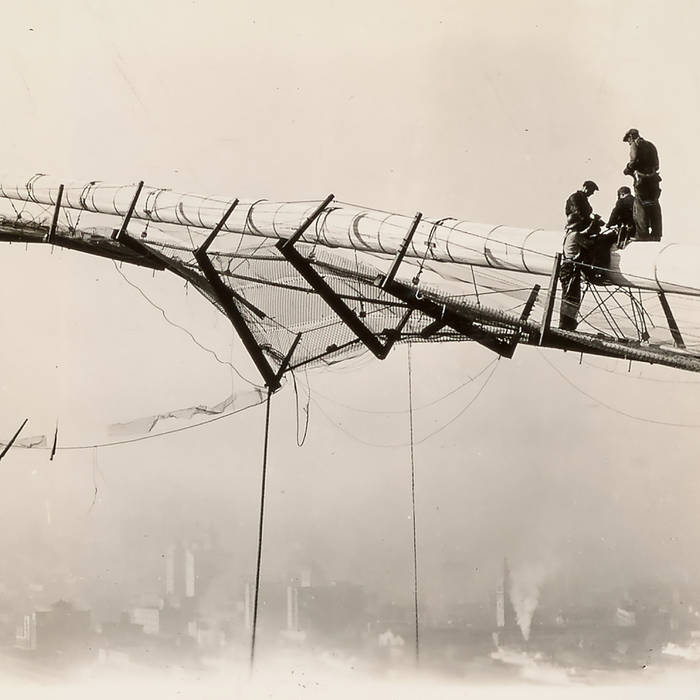
Tasked with writing for the voice-violin duo Cortona (Rachel Calloway and Ari Streisfeld) during her master's degree studies in composition, Laubrock turned to Hunt's collection Jump the Clock, specifically drawn to "Mood Librarian—a poem in koan." The sixty micro-fragments, each crystallizing a distinct emotional state in just two or three lines, provided the perfect framework for what would become a three-year obsession. Working anywhere and everywhere—from artist residencies in Wyoming to concert halls in Norway during winter storms—Laubrock composed a musical space where, as she puts it, "poems just kind of float through."
Purposing the Air pairs each of Hunt's enigmatic koans with one of four carefully chosen duos: Fay Victor and Mariel Roberts, Sara Serpa and Matt Mitchell, Theo Bleckmann and Ben Monder, and the original duo Cortona. The assignment process was intuitive and often sparked by single words or sounds—the married couple received the koan about "after ecstasy, laundry," while Theo Bleckmann's extraordinary overtone singing inspired the selection of texts featuring the "er" sound in "verbs everywhere." The resulting collection can be heard as discrete miniatures and also as an hour-long sonic environment, each piece focusing on one or two musical ideas while maintaining the cryptic, open-ended nature of Hunt's original poetry.
Ingrid Laubrock recently spoke with host Lawrence Peryer on the Spotlight On podcast. Laubrock generously discussed her compositional process for Purposing the Air, her thoughts on accepting both praise and criticism, and how relationships with collaborators, ranging from Anthony Braxton to Tom Rainey, have shaped her understanding of musical partnership. You can listen to the entire conversation in the Spotlight On player below. The transcript has been edited for flow, length, and clarity.
Lawrence Peryer: My understanding is Purposing the Air is your first major work involving words and voices. What drew you specifically to the Erica Hunt Mood Librarian text, and at what point in this project did the text inspire the project, or were you looking for a way to fuse words with music?
Ingrid Laubrock: I was doing my master’s at the time. This was during the pandemic, and I thought that would be a good time to try and obtain a qualification. So I did a master's in composition, and we were going to compose for a duo. One of the options was Ari Streisfeld and Rachel Calloway. That’s how it started.
I don't think voice and violin would have been my first choice, but we were in the midst of a pandemic, and they were married, so they could play together. They could work together in the same room. All the other groups would have had to overdub their parts and undertake this laborious recording process. I was so fed up at that point with anything overdubbed. So I went for the unusual voice-violin combination. I fell in love with writing for them, especially for the violin.
At the time, I was looking for words from someone still alive. Erica Hunt came to mind. I met her at a party just before the pandemic started, and we had a long conversation. We talked about books and all sorts of things. I liked her a lot, so I ordered and read through her collection Jump the Clock, and those stood out to me as good material for compositions.
Once I got started on the project, writing for Ari and Rachel, I just got so into it. I just wanted to do all of the koans.
Lawrence: What do you find first from the text? Is there a rhythm in the words, or do the words conjure melody? I'm curious—at the risk of asking you to deconstruct process—what's your way into the text musically?
Ingrid: I feel it was different for many of them, but I think as a whole, the words and the rhythm came first. There was a sense of speaking them, sensing the rhythm, so there's a sense of my own natural rhythm that flows into this. I sang them and then played around with them, and then I figured the instrumental treatment is more like orchestrating the vocal in that sense.
But some of the words are short, so there's not that much to play with. In those cases, I was approaching them from the other way around, so I’d start with the musical thought and see how it led to the vocals.
And then there were a few of them that were intuitively just connected with the mood of the poem. They're really open, and you can read into them. There's no clear meaning in many of them. The overarching title is "Mood Librarian,” and I kind of took her at her word. Sometimes I would just go with the mood that the poem gave me.
Lawrence: That's fascinating. It's almost an ideal textual context for music, being more evocative, less literal, and more open to interpretation. Along those lines, I'm curious about writing for others rather than doing the performing yourself. What are you delivering to your artists or your interpreters, and how do you maintain creative control while allowing the musicians room for interpretation?
Ingrid: I try and compose for the performers. I think that is really the jazz side of things. I love Mingus, I love Duke Ellington—people who write these little frameworks and control them for the players. So, I try to front-load the process, such as listening to their music and trying to see them live if I can.
In all the cases—Sara Serpa, Mariel Roberts, Matt Mitchell, Ben Monder, and Theo Bleckmann—I've worked with them and I've seen them play so many times, so that makes it a lot easier to imagine what you can write for them. With Ari and Rachel as the classical musicians, I knew I had to write everything out. I think that is why singing the rhythms and singing the words became important, so that I could bring something in that is me.
Also, the rhythmic interaction between the violin and the voice—I was thinking, how can I bring the thing that interests me in rhythmic interaction, for example, in improvisation? How can I bring this a little bit into this classical duo so it still sounds like I wrote it? Similarly, the way I deal with intervals and with harmonic relationships—that is kind of my language, and I wanted to bring this into that classical setting.
For people like Mariel Roberts and Fay Victor—Mariel, I know from a music context. I have composed for her before, and I know she can read absolutely everything, every tiny detail, and she's very happy to do it. She also has a great time, and she's a great improviser. So I knew I could throw a lot of different things at her, and that made her parts a lot more concise than, for example, Fay Victor's, because she has such a strong delivery and improvisational skill that I didn't want to rein her in. I think I wrote more for the instrumentalists in general.
Then I checked with them to see if something wasn't possible. I went over to Ben Monder's house to work with him on his parts, so he could show me his effects and what they can do, as I know nothing about that. So, it’s about cooperation and collaboration, as well as writing for people.
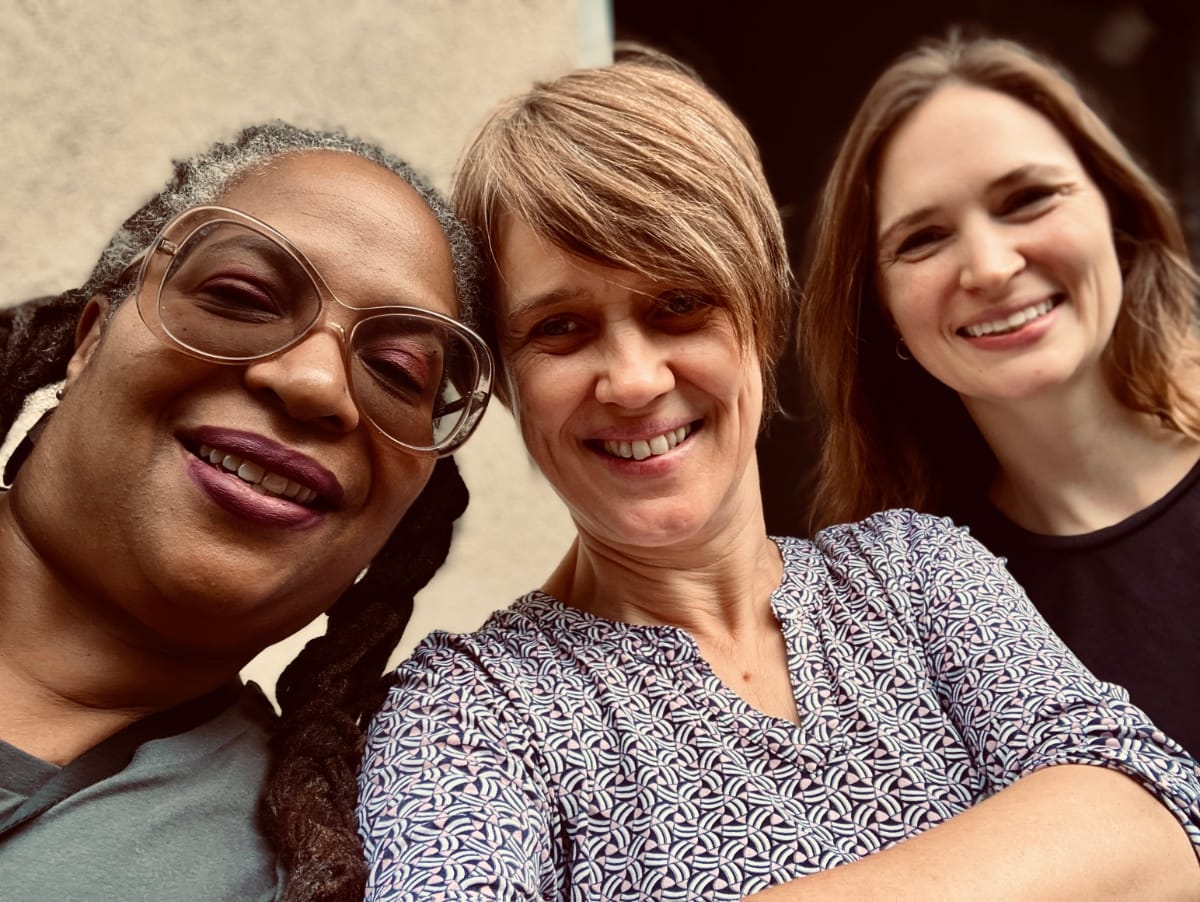
Lawrence: What’s present is the idea of ‘purposing,' and so much of this project seems to have been infused with this intention, whether it was the time you gave in understanding each musician before inviting them in, or allowing your intuition to suggest some of the pairings. I'm curious if you could talk a little bit about the words ‘purposing’ and ‘purpose,’ and what that means to you as a collaborator, as a composer, and as what I would call a producer of a project. It's a fascinating word.
Ingrid: It is actually from a lyric. I’m not sure if you saw the poster, but in the middle of the record, there is one of the poems—“59: Birds Purpose the Air as You Purpose Pen and Paper”—which is what we used as the title. The producer, David Breskin, suggested that as a title because the original title "Mood Librarian" is being used for something else by Erica.
But I always felt that many of my projects were like an hour-long record, and there's no break. I think of a sort of set-length curve, even if there are breaks between pieces, because I love improvised music and I often find the transitions are just as interesting as the composition itself. So I think of the whole thing with a curve of roughly an hour, forty minutes to an hour.
Here, all the pieces were so short, but because there are so many of them, I always felt like this would be a space where these poems just kind of float through. So, all in all, they become a sort of long space with silences and little floating statements.
Lawrence: Is it collage in that regard?
Ingrid: I don't see it as a collage.
Lawrence: Mosaic?
Ingrid: More of a three-dimensional space. At least this is my hope—that these are like maybe thoughts that kind of puff through your consciousness and then disappear again. That kind of thing. I think that's why I like the phrase 'purposing the air.' I felt like, here's the space I'm purposing—it will be little fragments and these miniature pieces.
Lawrence: I get that as a listener. I find that I notice the thoughts more than the transitions, if that makes sense. I found myself being drawn in by a statement or a moment, almost as a suite.
Ingrid: Exactly. For me, this just stood out. I wanted to do something where, just as the poems have one idea or maybe two ideas, or perhaps they have an idea or an ambiguous idea because they’re koans, I also wanted to limit the writing to that. So it's an idea per poem, maybe two ideas per poem, but they're self-contained and they exist by themselves. Because they're organized for duos, there is still a sense of here is a set of music that exists by itself.
Lawrence: Is that type of compression or distillation—was that difficult for you, or was that a challenge you were ready for? Because there's something minimalist in that approach, whereas sometimes improvisation could become, in the wrong hands, a bit maximalist.
Ingrid: It can definitely go there. It was, to me, a real fun meditation, a game.
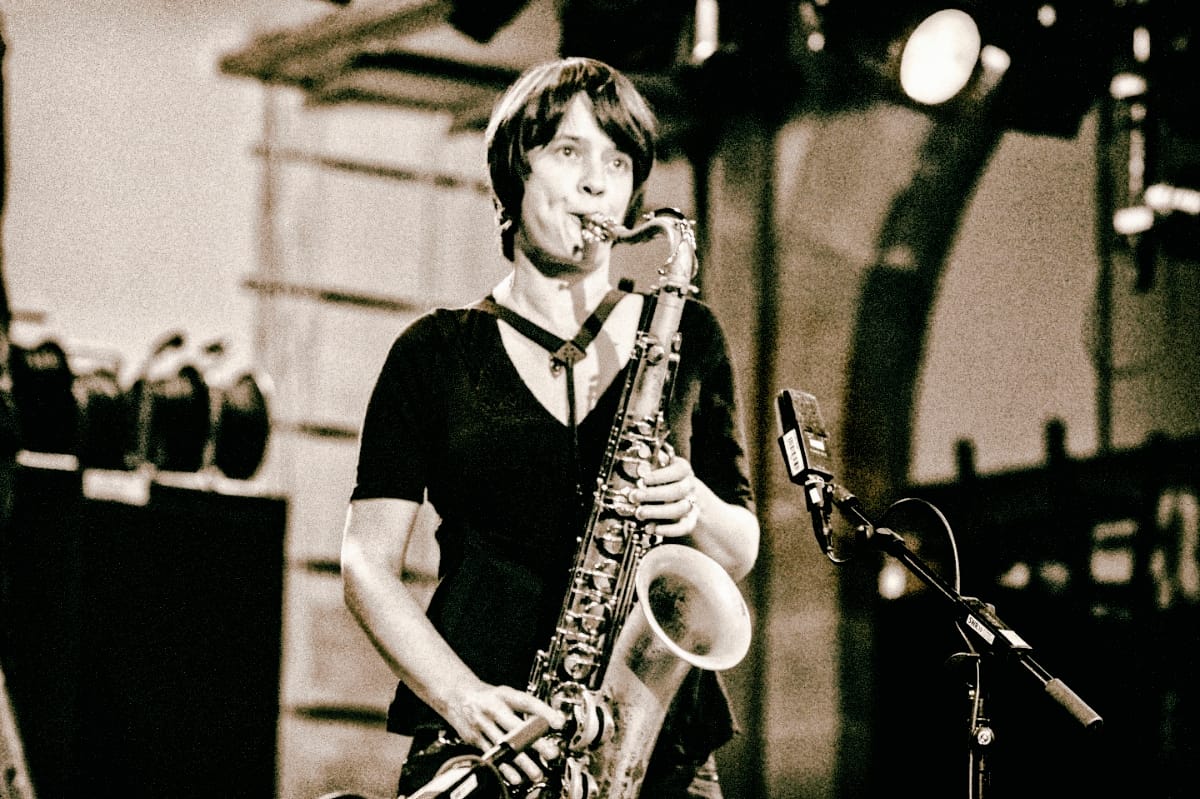
I think I described it in the liner notes. It became somewhat of a travel companion. I was writing on the road, and it helped me cope. My life is pretty disjointed at this point. I'm always a little bit here, a little bit there, just traveling a lot, and music has always been this thing that kind of holds it together. This was helping me even more because I could find this—you must know this too, because you write—when you write, there's a certain stillness and a certain focus. It's a gift, I find. Having the time to write and having the time to be with your thoughts in your own time—it’s a focus that’s truly unequaled. It's a very different focus to playing, where you're concentrating maybe more on what the other musicians do than what you do. This is really your own time. I thoroughly enjoyed the whole process.
Lawrence: I do understand what you mean. There's that focusing or that tunnel vision that happens where, when I think about those moments, there's just what's right in front of you. I guess it's the overused term of the flow state. When we have those moments where it's working and we're connecting with the work, it's exciting.
Ingrid: It's really exciting. When you are playing with other musicians, it’s a similar state, but it’s a little more outward-directed. And this is the one where it is inward, immediately directed. I just love both. I love the fact that you can be slow when you're writing, because when you're playing, there's a different sense of alertness, I think.
Lawrence: When I look at the list of some of the collaborators or the people you've worked with—Anthony Braxton, Muhal Richard Abrams, William Parker—what an amazing set of opportunities, but also musicians with very specific approaches to improvisation. Can you talk a little bit about how working with improvisers of those levels, as well as people who are incredible composers, affects you?
Ingrid: I think Anthony Braxton must be the person I have learned most from, because I've played with him since 2011 in so many different contexts, and I'm always blown away by it. We just came back from playing the Gala at Roulette for his 80th birthday here in Brooklyn. We performed some of his pieces. Every single time, I'm amazed at how he finds this combination of playing really challenging material yet making it sound so improvisational, while keeping such an open, multi-dimensional world. I can't describe it. His music is just bigger than anything else. Plus, as a saxophonist—he is older now, but he had such a command of the instrument and such a command of his own language that it's so influential.
Darius Jones gave a speech at the Gala. He mentioned how For Alto scared him when he was a teenager, and then had a profound influence on him. So, I put it on the next day, and it still kind of blows me away how disciplined it is, how much technique there is, and how much shape there is in those individual pieces. At the time, it must have just shocked people to do this on a major label. It's really special.
I think that's another thing. The composers who are part of the AACM—just the consistency with which they have really always done their own thing and continued to do so. Henry Threadgill just released a record, and he’s over eighty. The couple of times I played with Muhal Richard Abrams, shortly before his death, he was dancing in rehearsal. The energy and consistency required to create new work are relentless.
Lawrence: It's a relentless commitment to the work.
Ingrid: It really is. In the case of Anthony Braxton, I teach an introductory class for some of my students about Anthony Braxton. I show the students who's come out of him—people like Steve Lehman or Mary Halvorson and Tyshawn Sorey, who musically really don't sound anything like him. And then there are many musicians on the classical side, or people like Tyondai Braxton, who grew up listening to his dad's music, obviously. So he has inspired people to do their own thing with great discipline.
Lawrence: I hadn't thought about Mary Halvorson or Tyshawn in that way. They are singular, generational voices on their instruments and still so young. When you consider the runway in front of them, it’s rather incredible what he has spawned.
Going back to early on to an album like Who Is It?, where you were getting a lot of accolades as an up-and-comer, nominations, et cetera, and then you get someone like Jason Moran calling you a visionary. You've received your share of third-party accolades consistently over the years. How do you metabolize that? How do you accept the compliments that you're given?
Ingrid: That's a very good question, and it's an interesting one. My friend Mônica Vasconcelos, a singer I used to work with in London, always said to me, "You have to really learn how to accept the compliment," because I was never able to do it.
It’s challenging because not all press is positive. You also get people who don’t like your music, so I try my best not to take either too seriously. Ultimately, you can only do what you think is right or what resonates with you. I think you should accept compliments and take criticism, but not believe them too much in either direction.
As an artist, I think the more authentic you can be, the better it is for you. That is what resonates. However, along your path, you will inevitably encounter some criticism that you need to examine. Criticism is one side, and praise is the other. I think you need to be grounded and let them balance out as much as possible. (laughter) It's not easy. Neither side is easy.
Lawrence: I forget who it was who made the point—maybe the quote's attributed to many people—but if you're going to read the good reviews, you have to read the bad reviews. You can't just read the good ones. And the converse is true too. You can't just beat yourself up. You have to be able to accept when something resonates.
Ingrid: That's true. I think many musicians come off a gig and ponder what they just did. And no musician I know ever comes off a gig thinking everything I did was brilliant. You just kind of ponder it. Most musicians are always learning, so we're always beating ourselves up about something.
What I have learned over the years is that you cannot truly know what really went on because you were also a part of it. There's no objectivity. You do not know what it was like on the outside. So if somebody comes up to you after a gig and says, "Congratulations, we really enjoyed it. Really great," you have to accept it even if you did not love everything you did yourself, because they were part of it and they had—if they had a good experience, then—
Lawrence: That was their night out.
Ingrid: It is their night out, and you should gracefully accept it and leave the pondering for a little bit later, because the audience is just as much a part of this. They're a very important part of it. There's a communion that occurs while you’re doing it, so your focus afterwards can’t just be on the things you didn’t like about yourself.
Visit Ingrid Laubrock at ingridlaubrock.com and follow her on Bluesky, Facebook and YouTube. Purchase Purposing the Air from Pyroclastic Records, Bandcamp, or Qobuz and listen on your streaming platform of choice.
Check out more like this:
 The TonearmLawrence Peryer
The TonearmLawrence Peryer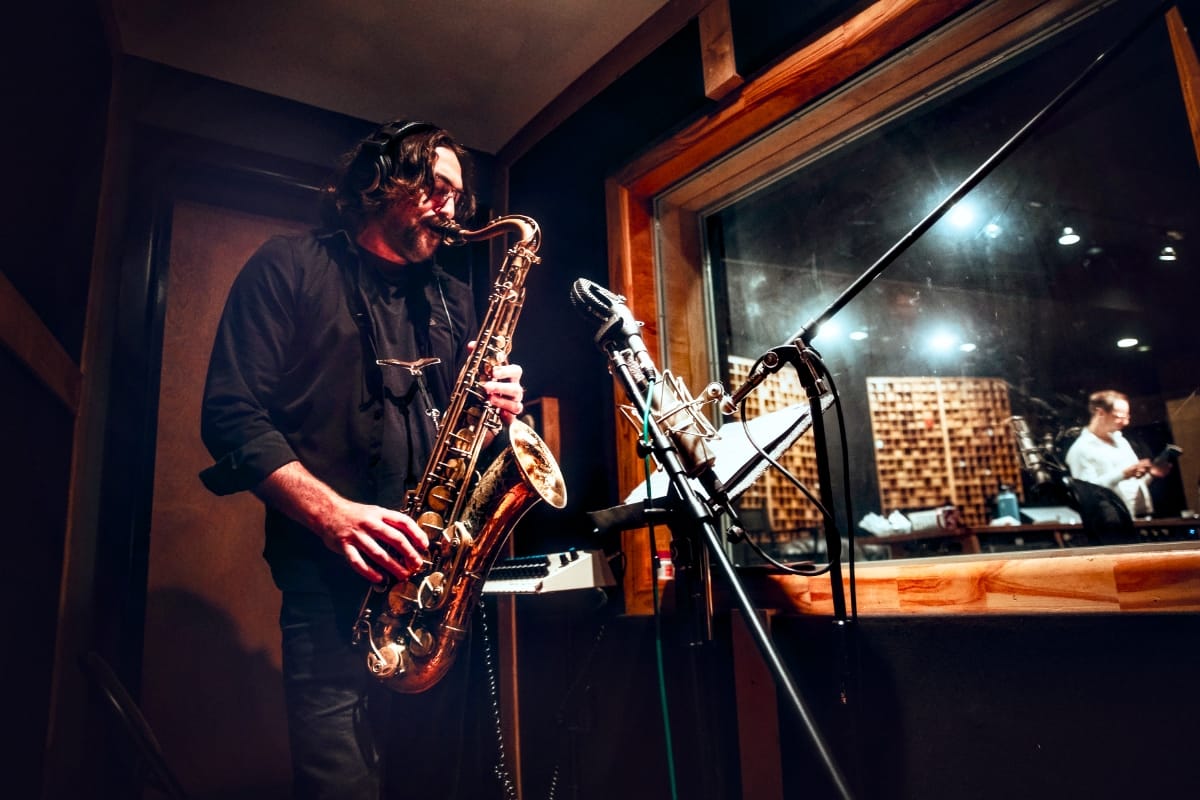
 The TonearmLawrence Peryer
The TonearmLawrence Peryer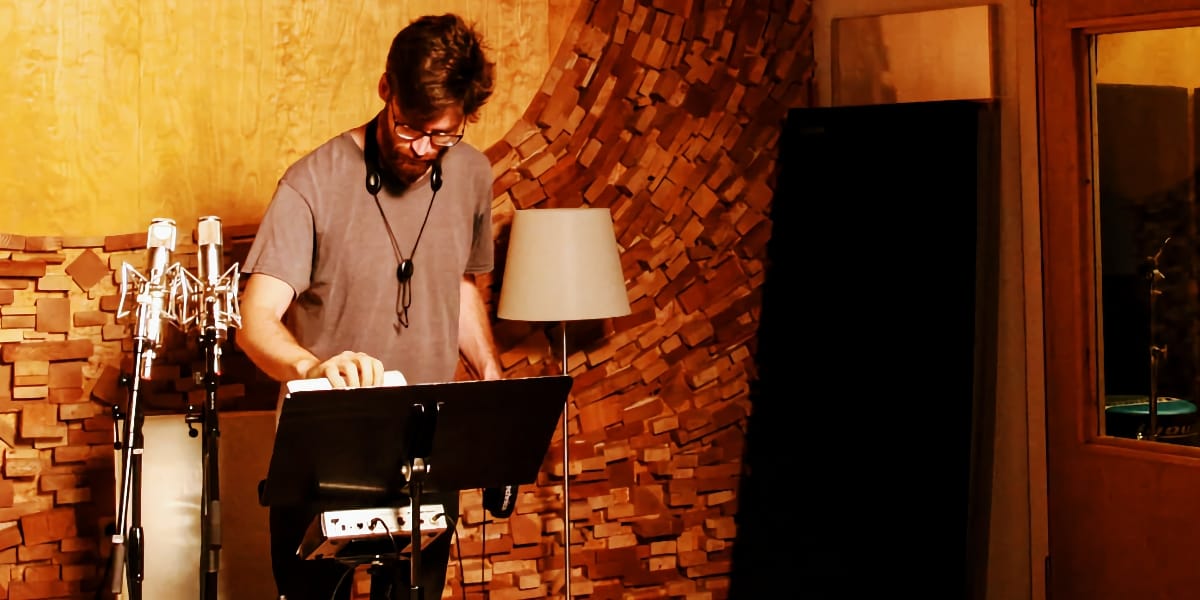


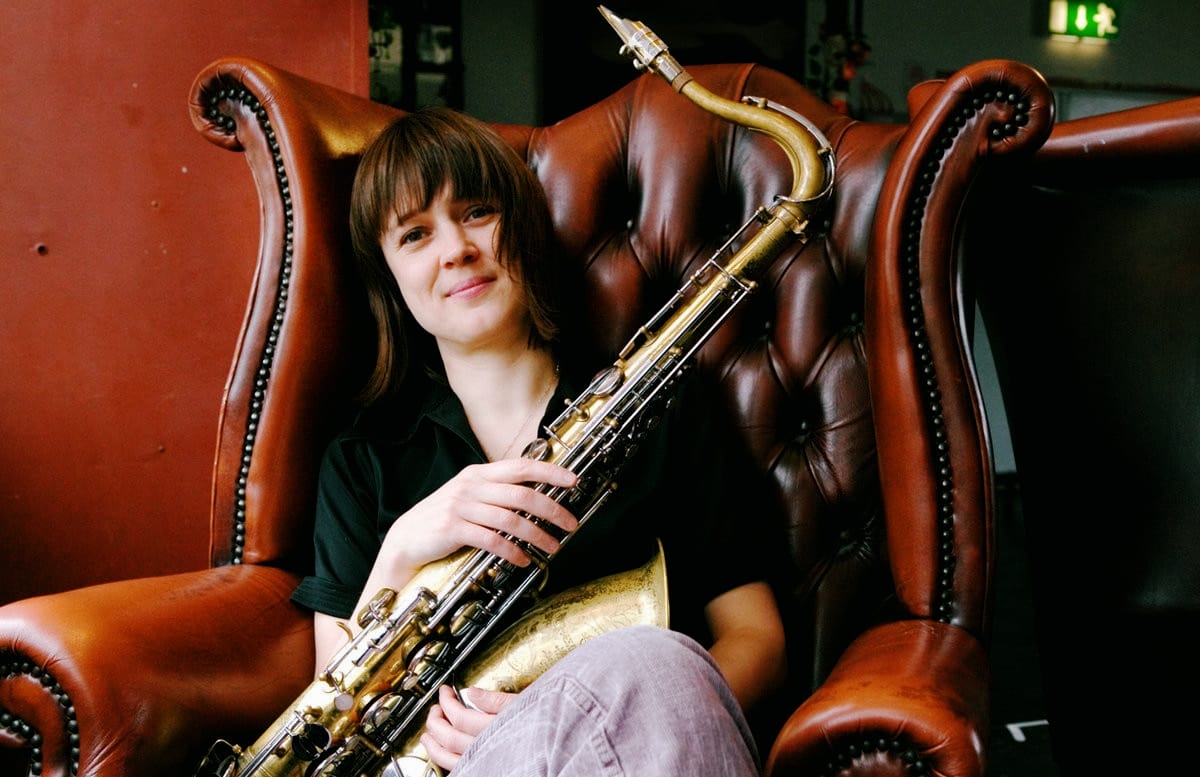


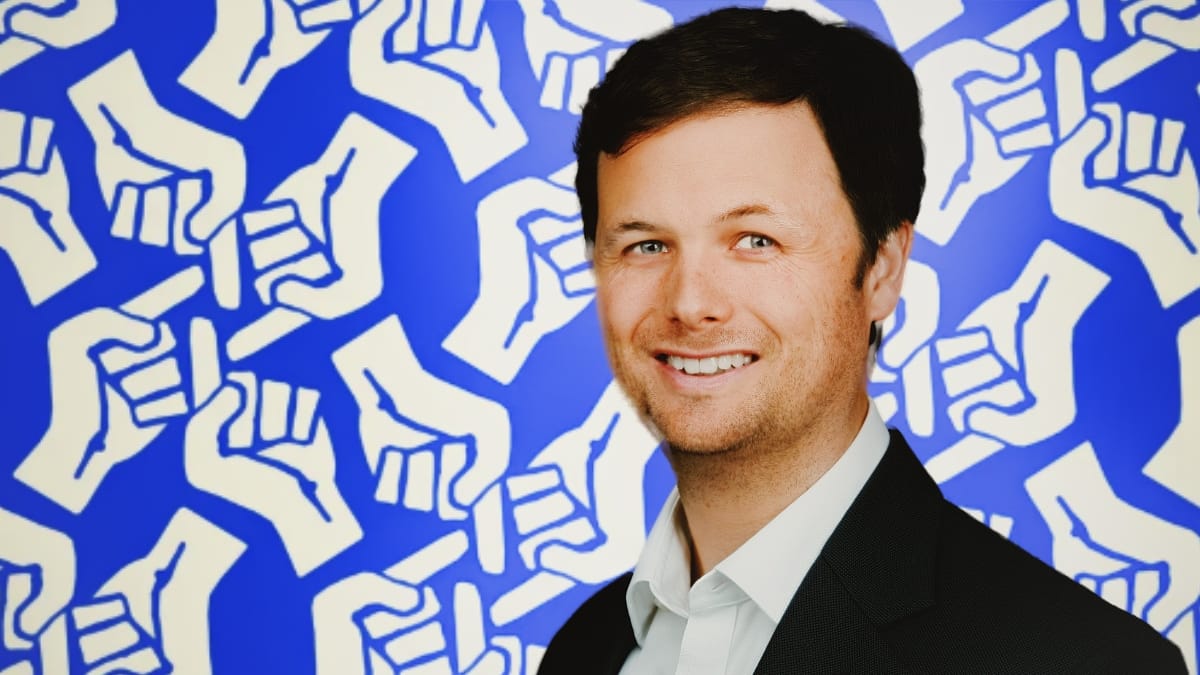
Comments